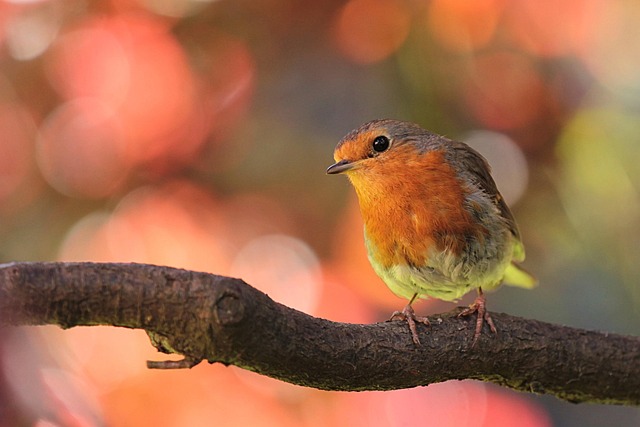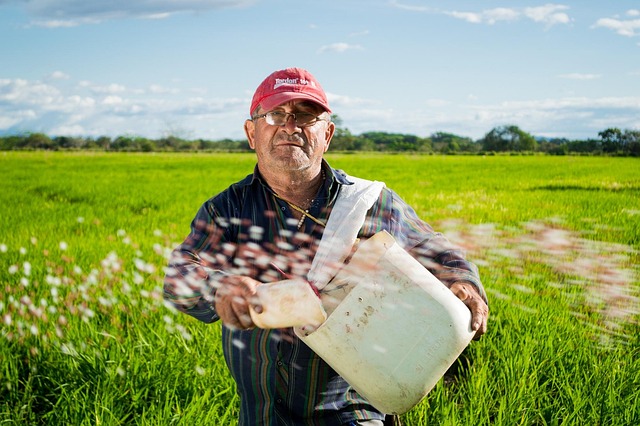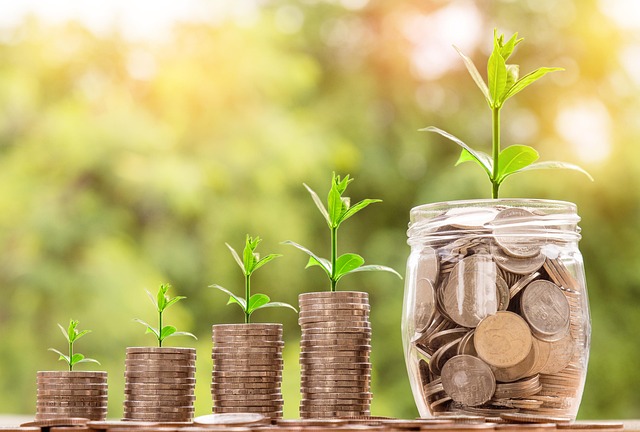In today’s fast-paced world, the pressing need for environmental consciousness has never been greater, and one excellent way to embrace a greener lifestyle is through eco-friendly gardening. By incorporating waste reduction in the garden, not only do we contribute to a healthier planet, but we also create a thriving space for our fruits and vegetables. With the increasing awareness of environmental issues, more gardeners are looking for innovative ways to reduce waste while enjoying the beauty of nature.
One of the most effective strategies for waste reduction in your garden is composting. Instead of discarding vegetable scraps or fallen leaves, consider transforming them into nutrient-rich compost. This not only diverts waste from landfills but also enriches the soil, helping your plants flourish. By using a compost bin or pile, you can recycle kitchen scraps like fruit peels, eggshells, and coffee grounds, effectively giving your garden the boost it craves.
Another eco-friendly practice is to utilize raised garden beds or vertical gardening techniques. These methods not only optimize space but also minimize soil erosion and waste. By using reclaimed wood or repurposed materials to create your garden beds, you can reduce your carbon footprint while creating a beautiful environment for your fruits and vegetables. Moreover, planting in rows or stages helps prevent overcrowding, allowing each plant to receive the necessary resources it needs to thrive.
Moreover, consider companion planting as an innovative technique worth exploring. By strategically placing certain plants together, you can naturally repel pests and improve growth, which minimizes the need for chemical pesticides and fertilizers. This not only supports biodiversity but also nurtures a balanced ecosystem within your garden.
Water conservation is another critical component of eco-friendly gardening. By implementing rainwater harvesting systems, using drip irrigation, or mulching, you can significantly reduce water waste. This mindful approach not only conserves one of our most precious resources but also leads to healthier plants that are less susceptible to disease and pests.
Additionally, embracing native plants can dramatically reduce waste in your garden. Native species are adapted to your local climate and soil conditions, requiring less water and fewer resources than non-native varieties. This promotes a sense of harmony with nature and encourages local wildlife to thrive in your garden, creating a vibrant and sustainable ecosystem.
Finally, encourage a sense of community by sharing your excess produce with neighbors or participating in local food swaps. This not only reduces waste but also fosters a sense of togetherness and support for local food systems. By coming together to share the fruits of our labor, we can promote a greener community and inspire others to adopt eco-friendly gardening practices.
Incorporating waste reduction in the garden is not just a trend; it’s a lifestyle choice that nurtures both the earth and ourselves. As we engage with nature through gardening, we learn to respect and protect our environment, cultivating a sense of stewardship for future generations. So, let’s roll up our sleeves, dig in, and embrace the beauty of a green garden filled with thriving fruits and vegetables!




